The Earth’s rotation is extremely important for life on the planet. The rotation of the Earth causes the planet to spin on its axis, which creates a number of important effects that are essential for supporting life. If the Earth were to stop rotating, the consequences would be catastrophic for all life on the planet.
What would happen if the earth stopped rotating
1. Everything on Earth’s surface would be thrown off into space
The most immediate effect would be that the planet’s rotation would no longer be strong enough to hold everything in place, and everything on the surface of the Earth would be thrown off into space. This would include all living things, as well as the oceans, the atmosphere, and even the solid ground.
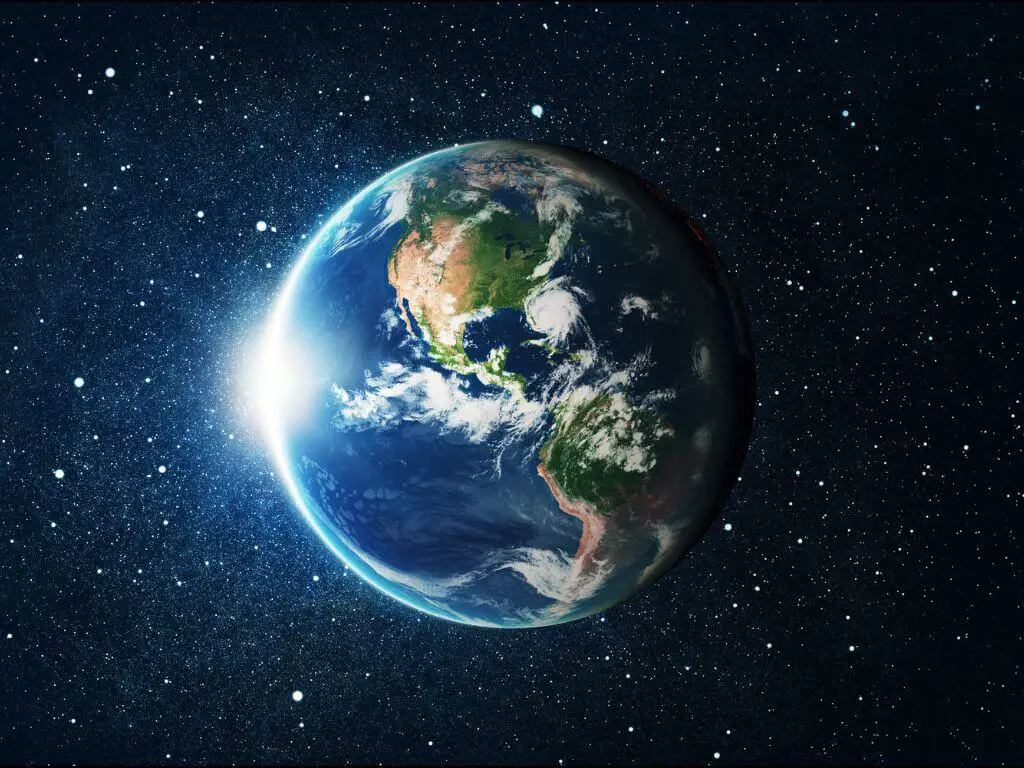
Without the force of the Earth’s rotation to hold it in place, the atmosphere would quickly escape into space, causing the air to thin out and the temperature to drop dramatically. The oceans would also be affected, as the lack of rotation would cause them to slosh around and eventually spill over the edges of the continents. This would cause widespread flooding and destruction, as the water would cover everything in its path.
2. The Earth would be pulled out of its orbit
The Earth’s rotation also helps to keep the planet in its proper orbit around the sun. Without this rotation, the Earth would be pulled out of its orbit and would either crash into the sun or be thrown out into the depths of space. Either way, this would be catastrophic for life on Earth, as the planet would no longer be able to support any form of life.
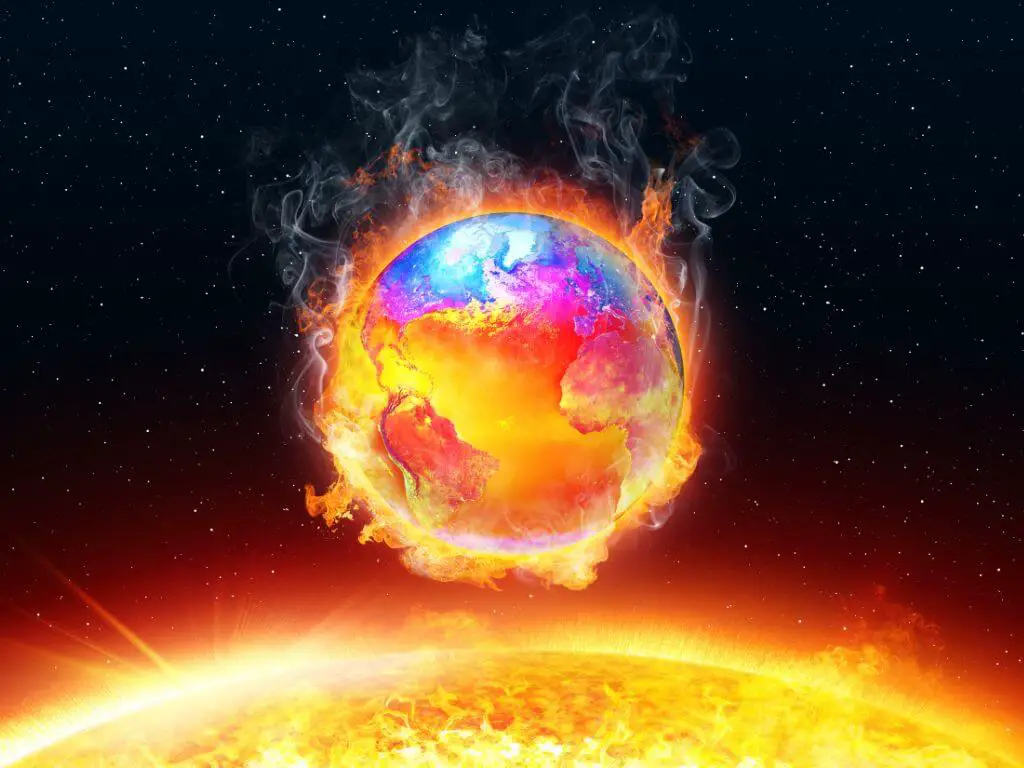
3. The Earth’s magnetic field would disappear
Additionally, the Earth’s rotation is responsible for the planet’s magnetic field, which protects the Earth from harmful solar radiation. If the Earth were to stop spinning, this magnetic field would weaken and eventually disappear, leaving the planet vulnerable to intense solar radiation. This could cause widespread damage to the planet’s surface, as well as to any remaining life forms.
🔬 Subscribe to SciMail
Get the latest science discoveries straight to your inbox!
4. Extreme temperature variations
One of the most important effects of the Earth’s rotation is that it helps to distribute heat and light evenly across the planet’s surface. The Earth receives most of its heat and light from the sun, but without the rotation of the planet, some areas would be constantly exposed to the sun while others would be in perpetual darkness. This would create extreme temperature variations and make it difficult for life to thrive.
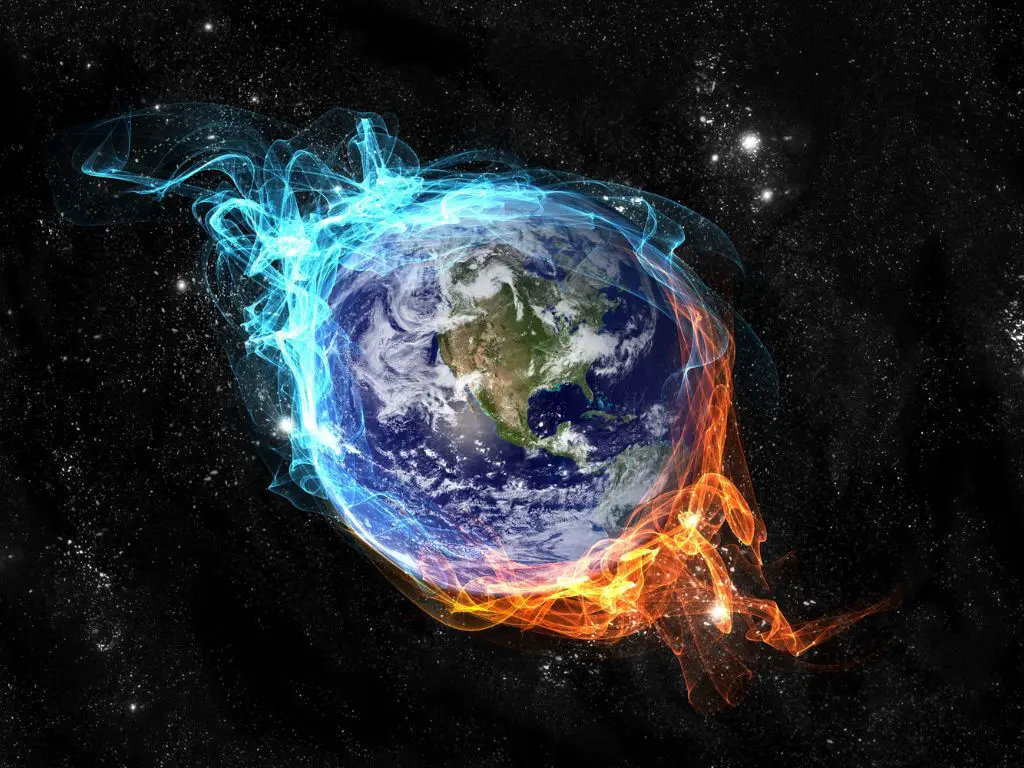
5. Disturbance in Earth’s climate and weather patterns
The Earth’s rotation also helps to regulate the planet’s climate and weather patterns. The rotation of the Earth causes the atmosphere to move around the planet, which creates winds and ocean currents. These movements help to distribute heat and moisture evenly across the planet’s surface, which is essential for supporting life.
6. No more seasons
The Earth’s rotation is also responsible for the planet’s seasons. As the planet orbits around the sun, its axis of rotation is tilted, which causes the amount of sunlight that different parts of the planet receive to vary throughout the year. This is what causes the seasons, and it is essential for supporting life on Earth.
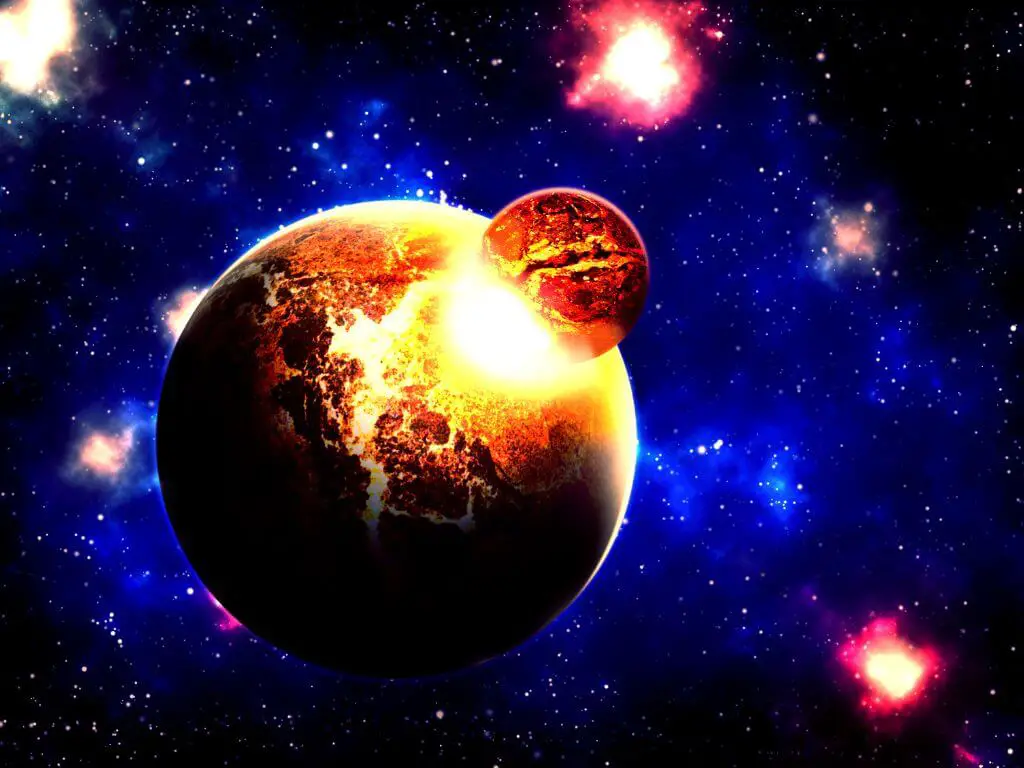
In conclusion, the Earth’s rotation is essential for life on the planet. Without it, the atmosphere would escape into space, the oceans would spill over the continents, and the planet would be pulled out of its orbit. The Earth’s magnetic field would also disappear, leaving the planet vulnerable to intense solar radiation. All of these factors would make the Earth inhospitable to any form of life.

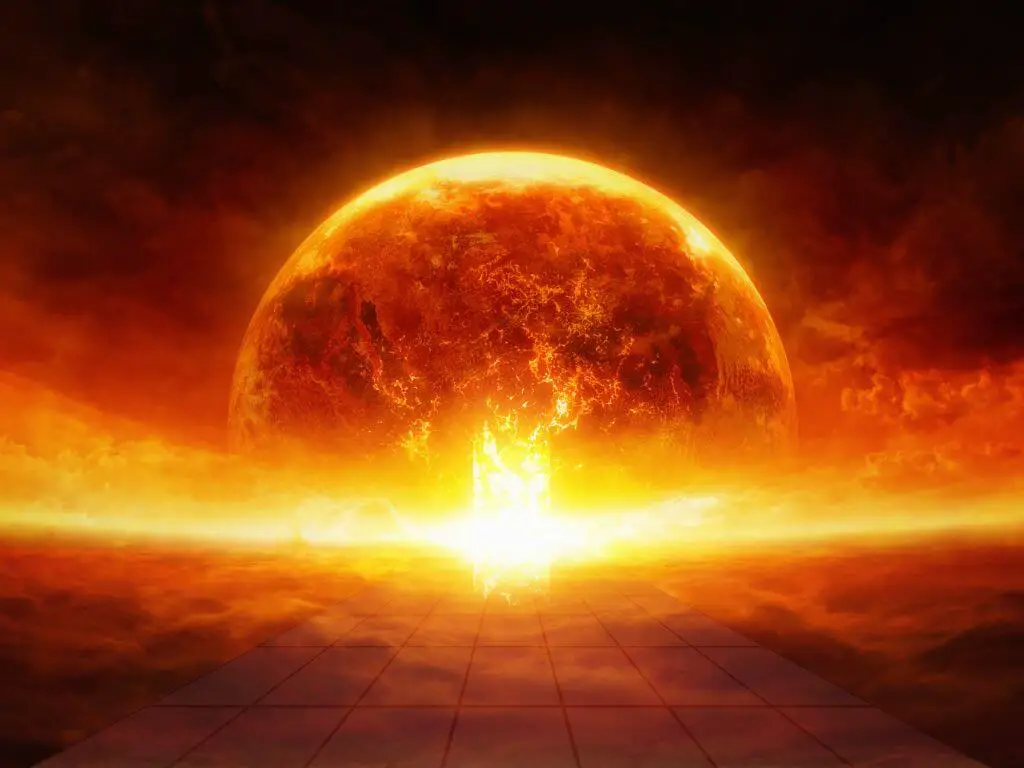
Leave a Reply